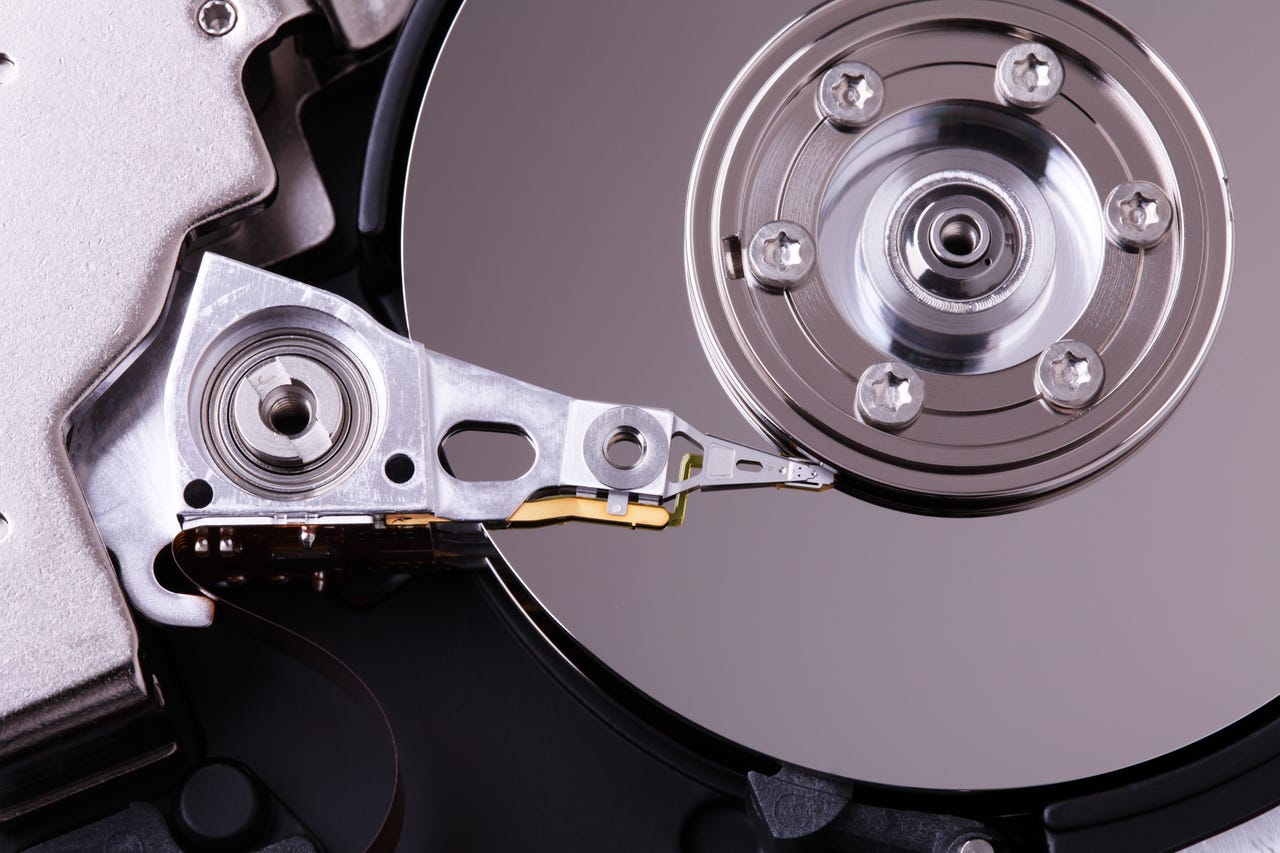Are SSDs more reliable than HDDs? This research may have the answer


Solid state drives (SSDs) are more reliable than hard disk drives (HDDs) – at least for certain use cases, according to cloud-storage firm Backblaze. But that might not actually make much of a difference when deciding what type of storage you should buy.
The company this year was looking to settle a debate over whether HDDs or SSDs are more reliable. Backblaze provides a cloud-backup service for laptops and computers and offers its B2 cloud storage to enterprises.
Cloud
It uses a mix of SSDs and HDDs as storage server boot drives in the Backblaze Cloud Storage platform. Since 2018, it's replaced failed HDD boot drives with mostly 2.5-inch SSDs (some are M.2 form factor drives). Backblaze's SSD/HDD drives boot its storage servers as well as store log files and temporary files produced by the storage server. Today, Backblaze has over 2,500 SSDs (a mix of Crucial, Dell, Micron, Seagate and Western Digital) and stores over two exabytes of data.
SEE: Cloud computing dominates. But security is now the biggest challenge
The company measures SSD and HDD reliability by tracking the annualized failure rate (AFR) of SSDs and HDDs to shed light on the "previously opaque world of hard drive failure rates" and, obviously, to generate debate about the technologies behind its service.
To account for age differences between the older HDDs and newer SSDs it was comparing, last year it published the "controlled lifetime" SSD and HDD AFRs. It found SSDs failed less often, but only slightly so. (The problem with its data was that HDD failure rates increased dramatically after five years, and it didn't yet have five year's worth of data for SSDs.)
"The difference was certainly not enough by itself to justify the extra cost of purchasing a SSD versus a HDD," it concluded at the time, noting better factors to consider when buying either technology were cost, speed required, electricity, and form factor.
Now, with a year's worth more data on SSDs aged five years, it has come to a different conclusion – albeit one made with some caution.
SEE: Why cloud security matters and why you can't ignore it
The lifetime AFR for HDDs and SSDs in year four was respectively 1.83% and 1.05%, while in year five the gap grew: 3.55% for HDDs versus 0.92% for SDDs. The lifetime AFR for HDDs in years six, seven and eight were respectively 5.23%, 6.26%, and 6.93%. How its SSDs perform in these years remains to be seen.
"At this point we can reasonably claim that SSDs are more reliable than HDDs, at least when used as boot drives in our environment," it says.
Backblaze adds: "It is highly certain that the failure rate of SSDs will eventually start to rise. It is also possible that at some point the SSDs could hit the wall, perhaps when they start to reach their media wearout limits."
Still, that only eliminates one of the variables consumers need to weigh up when purchasing storage, with price remaining a key factor given a 1TB SSD costs at least twice as much as an equivalent capacity HDD.
Backblaze notes that in reality using the failure rate as a factor in your decision is questionable. Once it controlled for age and drive days, the two drive types were similar and the difference was certainly not enough by itself to justify the extra cost of purchasing a SSD versus a HDD. "At this point, you are better off deciding based on other factors: cost, speed required, electricity, form factor requirements, and so on," it suggested.